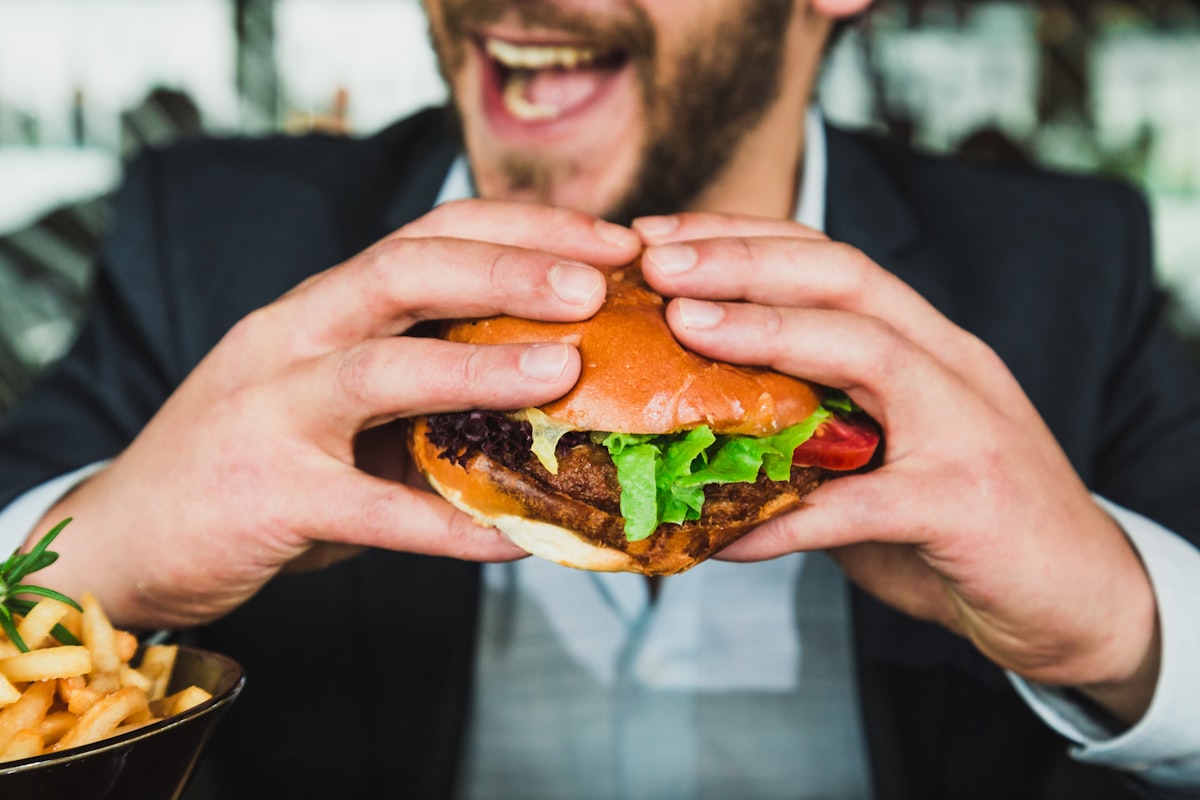The secret to becoming a better cook
If you want to be a better cook, it can be difficult to know which area to improve on in today’s digital age. We are faced with the paradox of choice: between YouTube, cookbooks, cooking lessons and many more ressources, where should you begin?

Cooking food is one of the purest joys in life. It can simultaneously allow us to please our loved ones, express our creativity and explore cultures from around the world.
If you want to be a better cook, it can be difficult to know which area to improve on in today’s digital age. We are faced with the paradox of choice: between YouTube, cookbooks, cooking lessons and many more ressources, where should you begin?
In my opinion, there is one skill that is rarely discussed but is paramount in becoming a better cook: being a good eater.
It seems trivial, almost too simple to bother mentioning, but it is one of the most underrated tools in your arsenal as a cook. To begin acquiring this skill, it couldn’t be more simple: go out and eat great food, then try to understand what makes it so good. This doesn’t necessarily mean pricey food. If you have ever travelled, you might have noticed that cheap food is often some of the best food you’ll have on your trip. You must instead try to devour a variety of meals, from your local fast food joints, favourite snacks, family feasts and fancier restaurant experiences.
Why then is it so important to understand what you are eating in order to cook better? It all comes down to building up your senses to then try and replicate what you experienced.
Copying is about reverse-engineering. It’s like a mechanic taking apart a car to see how it works - Austin Kleon
With every creative process, knowing where to start can be complicated. One solution is to attempt to recreate things you’ve already consumed, or in our case, eaten. In his book “Steal Like an Artist”, Austin Kleon argues that to copy something well, you need to reverse-engineer things that you have consumed. This isn’t the same as simply following the steps of a recipe. It requires a deeper understanding of how the ingredients of the dish work together in harmony. The only way to be able to do this is to eat intentionally, to break down each individual element of what makes a dish taste good to you.
Once you have unlocked the power of reverse-engineering plates of food, you will be able to better yourself as a home cook and break free from recipes.
Understanding why certain ingredients are used and what their purpose is in a dish is one of the most powerful tools in a cook’s arsenal. If you have a comprehension of the purpose of certain components, then you can swap them out for an alternative that you might have on hand. For example, if a recipe calls for pomegranate molasses and you don’t have any (this item isn’t often a pantry staple outside of the Middle East) but you understand that its purpose is to bring acidity and sweetness, then you can use an ingredient like lemon juice or balsamic vinegar instead. The dish won’t be the same, but at least you understand how it’s different and why that specific change was made.
But what about the other elements that make eating a dish enjoyable? How do you factor those in when judging a dish?
Quite often, your memory of the experience when eating out might not even have anything to do with the food. It could be that the company you had coupled with the atmosphere of the place had a bigger impact on your recollections than what you ate.
This is why you need to hone in on the food itself and try to work out why the food you had made you feel the way it did. Was it the complex layering of flavours that blew you away? Or maybe the simplicity of tasting the ingredients in their purest form? Were the textures you experienced more important to you than the flavours? Did you like the contrasting textures and flavours or do you prefer it when they compliment each other?
Once you have answered these questions, you will get closer to knowing what kind of food you want to recreate and what you actually want to eat. This truly is one of the most important things to know about yourself.
With all of this newly gained information on what you actually want to eat, why you like it and how to recreate it, you can slowly develop your own cooking style. By combining all your influences and turning them into something you enjoy, what will be left on the plate will be a true representation of who you are as a cook.
